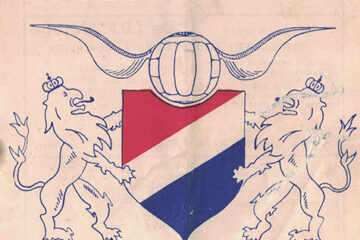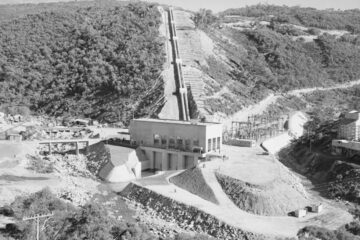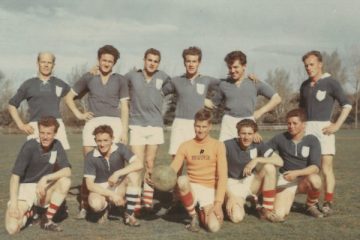Dutch coaches and technical leaders have significantly contributed to the development and success of Australia’s national football teams. Their expertise has been instrumental in guiding both the Socceroos and the Matildas through pivotal moments in their histories.
Socceroos
- Guus Hiddink: Appointed head coach in 2005, Hiddink led the Socceroos to their first FIFA World Cup appearance in 32 years, reaching the Round of 16 in the 2006 tournament in Germany. His leadership is credited with transforming Australian football on the global stage.
- Pim Verbeek: Serving as head coach from 2007 to 2010, Verbeek guided Australia through a successful qualification campaign for the 2010 FIFA World Cup in South Africa, where the team secured four points in the group stage.
- Bert van Marwijk: Appointed in early 2018, van Marwijk managed the Socceroos during the 2018 FIFA World Cup in Russia, preparing the team for high-level competition.
- Johan Neeskens: A former Dutch international, Neeskens served as an assistant coach under Hiddink during the 2006 World Cup campaign, contributing his experience and tactical knowledge to the coaching staff.
- Han Berger: As the technical director of Football Federation Australia from 2009 to 2014, Berger played a pivotal role in shaping the national team’s development pathways and briefly served as caretaker coach in 2010.
- René Meulensteen: Joining as an assistant coach in 2018, Meulensteen brought a wealth of experience from his time at Manchester United, contributing to the Socceroos’ tactical and technical development.
Matildas
- Trixie Tagg (née van Lieshout): Born in Amsterdam, Tagg became the first woman to coach the Matildas in 1981, leading the team on a successful tour of New Zealand. Her coaching career spanned from 1979 to 1989, and she was inducted into the Football Australia Hall of Fame in 2007.
- Hesterine de Reus: A former Dutch international, de Reus served as head coach of the Matildas from 2013 to 2014. Her tenure focused on implementing structured development programs and enhancing the team’s tactical approach.
These Dutch professionals have left a lasting impact on Australian football through their leadership, strategic planning, and commitment to excellence. Their contributions have been instrumental in elevating the performance and reputation of both the Socceroos and the Matildas on the international stage.
See also:
Dutch-Australian Socceroos – the players of Dutch heritage who represented Australia
The Dutch influence in the Matildas – from early pioneers to modern stars


